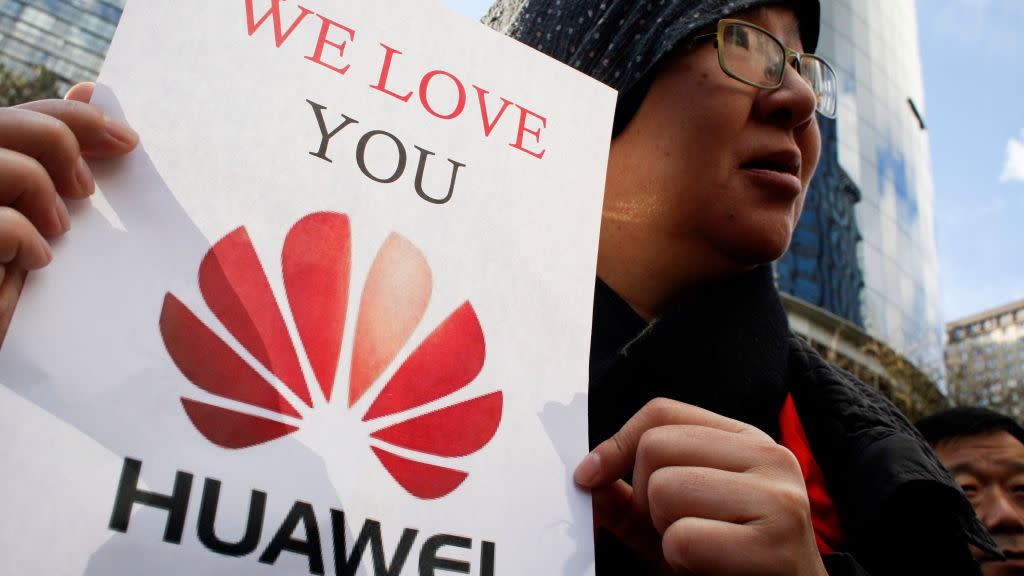China has a special passport for its elites—and Huawei’s detained executive had one

A recent finding about a detained Huawei executive’s passports is likely to raise more questions about the telecom giant’s relationship with the Chinese government.
In early December, Huawei chief financial officer Meng Wanzhou was arrested in Canada at the request of US authorities on suspicion of violating US sanctions on Iran. Meng was granted bail after hearings that saw prosecutors point out that Meng had at least seven passports issued to her—including four from China and three from Hong Kong—that could allow her to “flee with greater ease,” according to documents filed with the court (pdf. p. 16). She faces the prospect of extradition to the US.
It now turns out Meng had another passport as well, Canadian newspaper the Star Vancouver reported Tuesday (Jan. 22). The newspaper said it had confirmation from the Hong Kong Companies Registry that Meng held a special public affairs passport issued by the Chinese government. Meng used the passport to register the Huawei Tech. Investment Co., Limited subsidiary in Hong Kong in 2004, according to an investigation by online news HK01 (link in Chinese). But the passport, whose number starts with the letter “P,” is not mentioned in the December court document, which stated that it was possible Meng had other passports apart from those listed.
The public affairs passport is mainly issued to people closely related to the government, such as “officials below the level of deputy division-director, personnel of public institutions, state-owned enterprises or enterprises with the state having the controlling interest, and financial institutions where the state has controlling interest or is a shareholder,” according to China’s Ministry of Foreign Affairs (link in Chinese). It’s a distinct category from the diplomatic passports issued to official envoys. In some cases the passports were also issued to people from private firms.
Given that Huawei’s troubles stem from the fact that it’s seen as too close to China’s government, as well as concern the company would be unable to decline a request for data from Chinese authorities, the fact an executive at one time had an elite passport generally reserved for people close to the government could raise more questions.
In an emailed statement Huawei said that Meng’s public affairs passport is no longer valid. “We reject any suggestion that granting access to such passports means these executives were on Chinese government business. They were for commercial use and only when the applicant met the criteria,” the company added.
Huawei has previously disputed concerns raised about access to its data and says that it puts customer privacy first.
Earlier, Hong Kong’s immigration authorities said that a person can only have one valid passport at one time, and the South China Morning Post reported it was most likely Meng has a valid Hong Kong passport. Chinese rules hold that citizens who are issued a passport from another country or region need to give up their Chinese one.
Meng’s case has put the tech giant under an unwanted spotlight, adding to a slew of recent troubles for the company. Just weeks after her arrest, Huawei’s Poland sales director was arrested early this month on suspicion of spying for China.
Meng herself is due back in court in two weeks to set a date for her extradition hearing.
Correction, Jan. 24: This article was updated with a statement from Huawei noting that the public affairs passport issued to Meng is not valid. An earlier version of this article had said the document was likely still valid, citing Hong Kong financial rules requiring companies to notify authorities of changes to directors’ information.
Sign up for the Quartz Daily Brief, our free daily newsletter with the world’s most important and interesting news.
More stories from Quartz:

